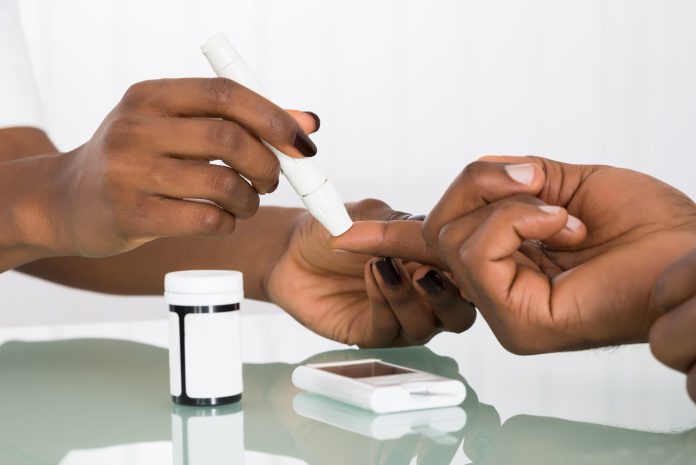While diabetes has been declared as a signifier for infection complications, data suggests it is three times as likely these individuals have severe COVID or are hospitalised
According to the European Respiratory Society, severe COVID in adults is defined as dyspnea – a blood oxygen saturation of 93% or less, which results in ventilators and complications. This is the form of COVID-19 that devastates hospitals, leaves sufferers with sometimes long-lasting symptoms and in the worst case, can take everything.
While vaccines are now a tangible possibility, with the UK approving use of Pfizer and BioNTech’s vaccine beginning from today, now there are questions about who should receive the first inoculations in the new year. Healthcare workers, those over 80 and those at high-risk in care homes are being prioritised by the UK Government at the moment, with a similar plan taking shape in the States.
Ethnicity has been a marker for severe COVID complications, and a higher rate of infection, putting this in the crosshairs of proposed vaccine hierarchies. Another key question is the global North-South divide – will developing countries have access to the available vaccines as immediately as those in the West?
Diabetes was quickly found to be a marker of potential complications for COVID-19, but it is not a high-priority for vaccination plans. Research has also proven a link between brain complications that can result from COVID and diabetes.
The research that proposes diabetes prioritisation
“I think these data support prioritizing individuals with type 1 or individuals with type 2 diabetes for immunization alongside other high-risk medical conditions that increase the risk of getting very sick with COVID-19, such as heart or lung disease,” said Justin Gregory, MD, MSCI, lead investigator for the study.
The team of investigators identified electronic health records (EHRs) of more than 6,000 patients across 137 Vanderbilt Health clinical sites who had a COVID-19 diagnosis during the period from mid-March until the first week of August. The team then closely reviewed the patients’ medical records and contacted many individuals by telephone to identify additional risk factors and gather more information on how COVID-19 impacted their health.
Vanderbilt University Medical Center researchers have discovered individuals with type 1 and type 2 diabetes infected with COVID-19 are three times more likely to have a severe illness or require hospitalisation compared with people without diabetes.
“People with type 1 diabetes don’t need to live in fear and have undue anxiety, but they need to be really diligent in doing the things we all should be doing,” Gregory said.
“All of us should be washing our hands and staying 6 feet apart. We should be conscientious about limiting the time spent with people outside our household. I’m not asking people with type 1 diabetes to do anything that all of us shouldn’t already be doing.
“I just think they need to be the most diligent about doing it day in and day out.”











